Description
Essential Psychology 4th Edition Test Bank –
by Daniel L. Schacter
Table of Contents
- Definition and Scope of Psychology
- Mental Processes and Brain Function
- Research Methods and Case Studies
- Historical Foundations
- Philosophical Perspectives
- Mind-Body Problem
- Early Brain Research
Definition and Scope of Psychology
Question 1: Psychology is the scientific study of:
- A) mind and body
- B) mind and behaviour ✓
- C) mood and behaviour
- D) mood and body
Question 2: Psychology is the scientific study of mind and behaviour. Behaviour refers to:
- A) perceptions, thoughts, memories, and feelings
- B) explanations
- C) urges
- D) observable actions of humans and nonhuman animals ✓
Question 8: Which is the primary reason why modern psychologists study lapses, errors, and mistakes in behaviour and cognition?
- A) They are more intriguing than normal psychological functioning
- B) They allow us to learn about the normal operations of mental life and behaviour ✓
- C) They provide a window into the sexual urges of the unconscious
- D) They vividly illustrate the fact that most psychological functioning is not adaptive
Mental Processes and Brain Function
Question 3: Today, psychologists believe that mental processes:
- A) arise from electrical and chemical activities of the brain ✓
- B) arise from a nonphysical mind interacting with the pineal gland in the brain
- C) are not proper subject matter for science research
- D) usually are not adaptive in helping us function effectively in the world
Question 4: Today, most psychologists would agree with which statement concerning mental processes?
- A) The scientific method cannot be applied to mental processes
- B) Mental processes are nonphysical entities that control the brain and body
- C) Mental processes arise from brain functioning ✓
- D) Mental processes are the only subject matter worthy of study in psychology
Question 5: Using __, Krings et al. (2000) demonstrated that the brains of professional piano players were __ active than novice players when both groups made finger movements like those involved in piano play.
- A) fMRI; more ✓
- B) tMRI; less
- C) CT scans; more
- D) CT scans; less
Research Methods and Case Studies
Question 6: The case of Elliot, as documented by Damasio (1994), suggests that:
- A) cognitive functioning can be severely impaired while emotion remains unaffected
- B) emotions usually interfere with adaptive behaviour
- C) even negative emotions such as anxiety and sorrow have adaptive functions ✓
- D) emotion and intelligence share a common neural substrate
Question 7: William James (1890) believed that the influence of __ could help explain absentmindedness.
- A) habit ✓
- B) sleep deprivation
- C) emotions
- D) personality
Historical Foundations
Question 9: The early roots of psychology are firmly planted in physiology and in:
- A) anatomy
- B) logic
- C) dualism
- D) philosophy ✓
Question 18: The major limitation of the works of the classical Greek philosophers to an understanding of human behaviour is that:
- A) much of these works remains lost to history
- B) differences among translations have fueled misunderstanding and debate
- C) the works tended to underestimate the role of nurture in shaping human behaviour
- D) these philosophers did not develop ways to test their theories ✓
Philosophical Perspectives
Nativism vs. Empiricism
Question 10: Some early philosophers believed that certain kinds of knowledge were innate or inborn, a theory known as:
- A) functionalism
- B) nativism ✓
- C) philosophical empiricism
- D) structuralism
Question 11: Which early philosopher was interested in certain kinds of knowledge as being innate or inborn?
- A) Hippocrates
- B) Plato ✓
- C) Aristotle
- D) Descartes
Question 12: The older position of nativism is reflected in psychological views that emphasize the effect of __ on behaviour.
- A) nurture
- B) intuition
- C) schemas
- D) nature ✓
Question 13: Plato is to __ as Aristotle is to __
- A) philosophical structuralism; nativism
- B) nativism; philosophical empiricism ✓
- C) nativism; dualism
- D) dualism; nativism
Question 14: Nature is to nurture as nativism is to:
- A) experience ✓
- B) adaptation
- C) behaviourism
- D) phrenology
Question 15: Some early philosophers believed that all knowledge was acquired through experience, an idea now known as:
- A) functionalism
- B) philosophical empiricism ✓
- C) structuralism
- D) nativism
Question 16: The notion that the mind at birth is a tabula rasa is consistent with the views of:
- A) Plato
- B) Descartes
- C) Aristotle ✓
- D) Gall
Question 17: The fact that very young children almost universally master the basics of language without formal training is most consistent with:
- A) Plato’s nativism ✓
- B) Gall’s phrenology
- C) Aristotle’s philosophical empiricism
- D) Locke’s tabula rasa
Mind-Body Problem
Question 19: __ believed that the mind and body are different from each other, and linked by the pineal gland.
- A) Gall
- B) Hobbes
- C) Descartes ✓
- D) Aristotle
Question 20: Descartes believed that the mind influences the body through the:
- A) pituitary gland
- B) hippocampus
- C) prefrontal cortex
- D) pineal gland ✓
Question 21: A spiritual leader believes that the soul and the body are fundamentally different from each other, but are linked via a special structure in the brain. His beliefs are similar to those of:
- A) Gall
- B) Descartes ✓
- C) Hobbes
- D) Broca
Question 22: The modern view that the subjective experience of having a mind is the result of brain activity can be traced to which philosopher?
- A) Hobbes ✓
- B) Plato
- C) Descartes
- D) James
Question 23: The problem of dualism refers to how:
- A) different areas in the brain control different types of behaviour and cognition
- B) mental activity can be reconciled and coordinated with physical behaviour
- C) brain activity produces consciousness ✓
- D) both genetic and environmental factors influence human behaviour
Early Brain Research
Question 24: Phrenology suggested that specific mental abilities and characteristics were located in specific regions of the brain. It was developed by:
- A) Descartes
- B) Flourens
- C) Gall ✓
- D) Broca
Question 25: [Incomplete] Dr. Quack touches specific bumps on a patient’s skull and then indicates specific character traits for the patient, for example… [Question appears to be cut off]
Key Concepts Summary
Important Figures:
- Plato: Advocate of nativism (innate knowledge)
- Aristotle: Advocate of empiricism (tabula rasa)
- Descartes: Mind-body dualism, pineal gland theory
- Hobbes: Early materialist view of mind
- Gall: Developer of phrenology
- William James: Studied habits and consciousness
- Damasio: Studied emotion and cognition (Elliot case)
Key Theories:
- Nativism: Knowledge is innate/inborn
- Empiricism: Knowledge comes from experience
- Dualism: Mind and body are separate substances
- Phrenology: Mental abilities localized in brain regions
- Modern View: Mental processes arise from brain activity
Research Methods:
- fMRI: Functional Magnetic Resonance Imaging
- Case Studies: In-depth study of individuals (e.g., Elliot)
- Comparative Studies: Professional vs. novice piano players


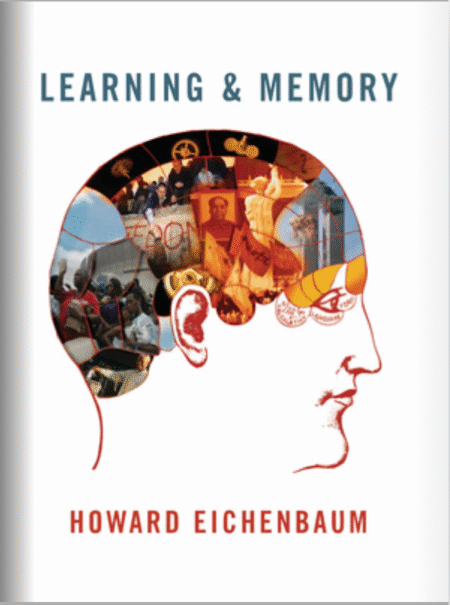
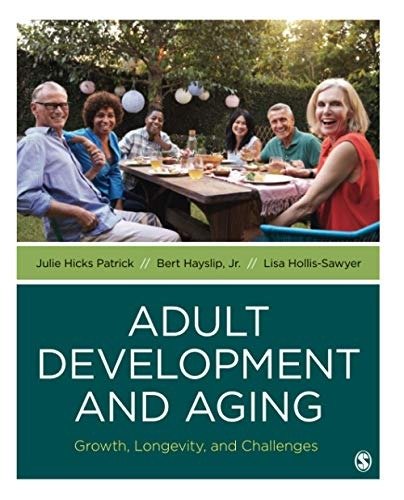
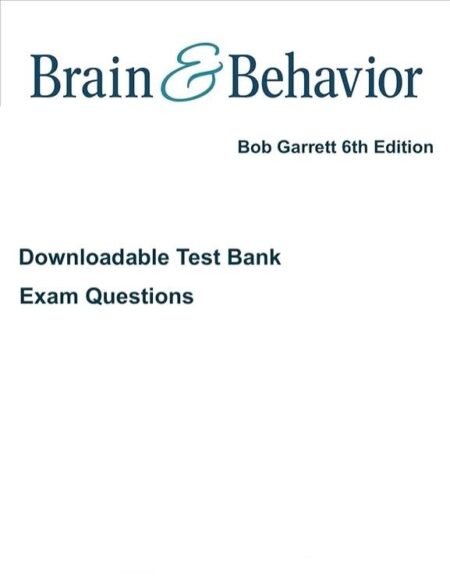
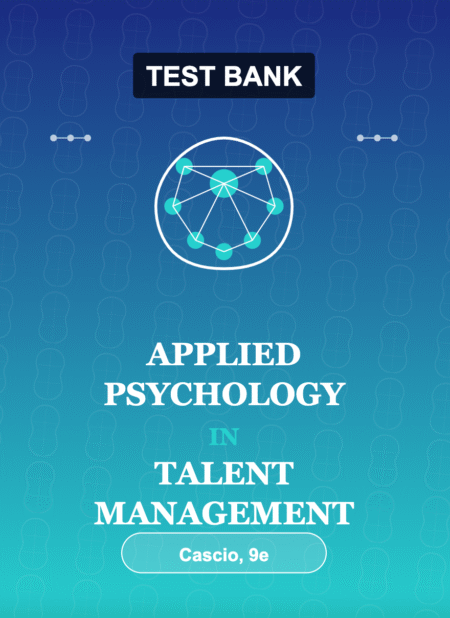
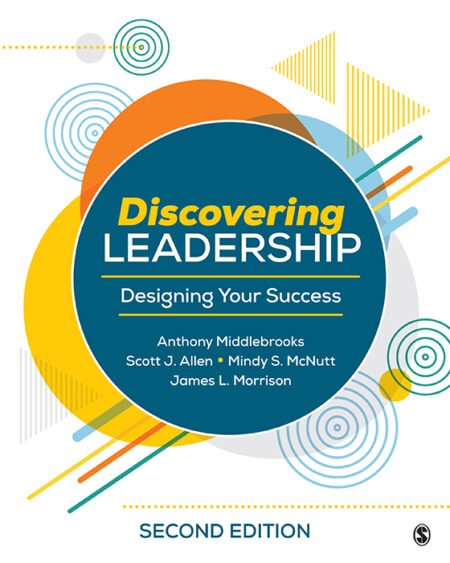
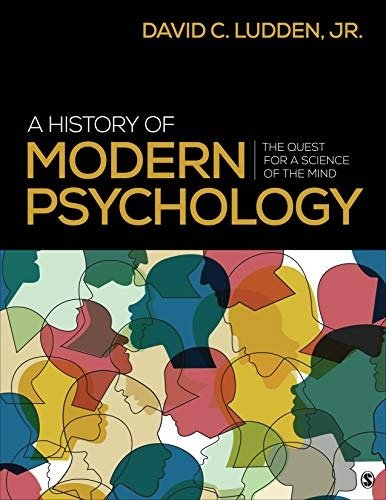

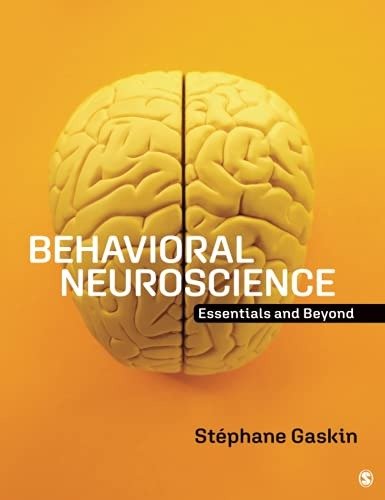
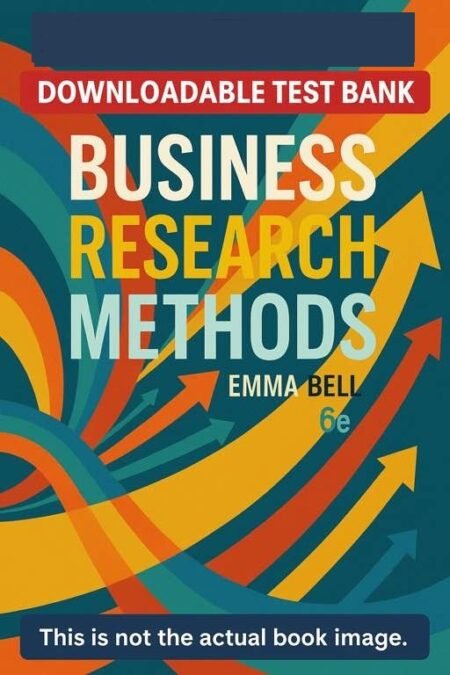


Reviews
There are no reviews yet.